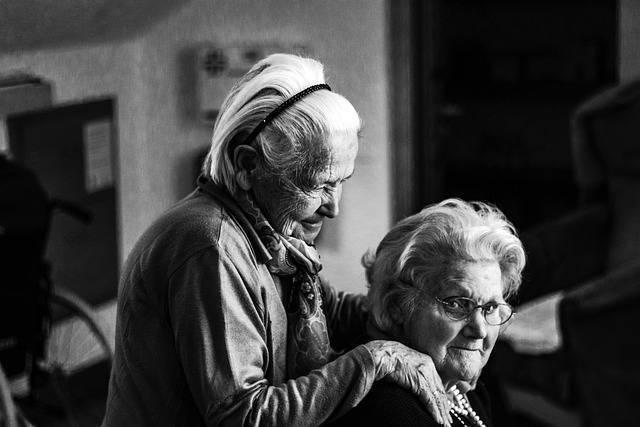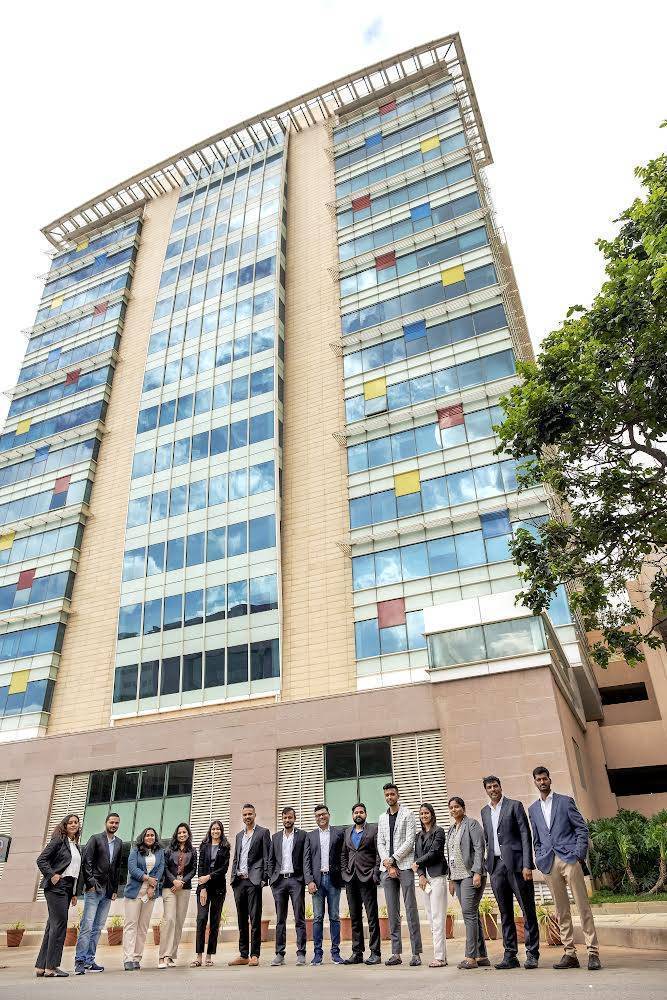In the aftermath of the COVID-19 pandemic, a notable shift has emerged in Mumbai's real estate market: an increasing number of senior citizens are stepping into the property market, driven by a desire for larger and more comfortable living spaces. This trend, as highlighted by a recent study from Knight Frank India, indicates that property registrations by individuals aged 61 and above have surged significantly in recent years, reflecting broader changes in lifestyle and housing preferences among this demographic.
Surge in Registrations: A Closer Look at the Numbers
The numbers tell a compelling story. Property registrations by homebuyers over 61 years of age have seen a remarkable increase of 204% from 2020 to 2024. In 2020, 7,554 properties were registered by senior citizens, a figure that has more than doubled to 15,276 by 2024. This growth is not just in absolute numbers but also in market share. The proportion of property registrations among this age group rose from 12% in 2020 to 18% in 2023, and the trend is expected to continue, with projections suggesting that registrations by senior citizens may surpass the 23,000-mark by the end of 2024, maintaining an 18% share of the market.
The Pandemic's Role in Shaping Senior Citizens' Housing Choices
The COVID-19 pandemic has played a pivotal role in altering the housing preferences of senior citizens. Traditionally, older generations in Mumbai have favored a stable and secure lifestyle, often opting to own a property rather than rent. However, the pandemic brought about a significant shift in priorities. The desire for better living conditions, the need for larger spaces to accommodate family reunions, and the convenience of having amenities within close reach have all contributed to the increased interest in upgrading to bigger homes.
This trend is particularly evident in the fact that many seniors are now seeking properties that can comfortably house extended families. The need to bring the family under one roof, coupled with the necessity for better lifestyle-oriented spaces, has driven this demographic to opt for larger apartments. This shift in mindset marks a departure from the more conservative approach to housing that was prevalent before the pandemic.
Comparative Trends Across Age Groups
While senior citizens have shown a marked increase in property registrations, other age groups have exhibited different trends. For instance, the age group of 30 to 45 years, which traditionally held the highest share of property registrations, has seen a decline. Their share dropped from 48% in 2020 to 40% by July 2024. In contrast, the younger age group of 18-29 years has maintained a steady contribution of around 9%, and the 45-60 years cohort continues to account for about 33% of total property registrations.
The decline in registrations among the 30-45 age group could be attributed to a range of factors, including financial constraints, shifting job markets, or changing housing needs. However, the steady contributions from the younger and middle-aged groups suggest a balanced distribution of property ownership across different life stages, with each group having its unique motivations and challenges in the real estate market.
Market Outlook: What Lies Ahead
The growing market share of senior citizens in Mumbai's real estate market signals positive prospects for the sector. According to Shishir Baijal, Chairman and Managing Director of Knight Frank India, the shift in homebuyers' mindset triggered by the pandemic has led to a greater demand for larger and better living conditions. For many seniors, the pandemic prompted reunions with their children, further influencing decisions to invest in bigger homes. This increased activity in the senior age category is a promising sign for the market's resilience and growth in the coming years.
The trajectory of this trend is expected to continue as more seniors look to enhance their living standards post-pandemic. The focus on larger homes, better amenities, and a more comfortable lifestyle is likely to sustain the momentum in property registrations among this age group.
Conclusion:
The surge in property registrations among Mumbai's senior citizens highlights a significant demographic shift in the city's real estate market. Driven by post-pandemic lifestyle changes, this trend underscores the evolving needs and preferences of an older generation that is increasingly prioritizing comfort, family togetherness, and quality of life in their housing choices. As the year progresses, the continued growth in this segment is expected to contribute to the overall stability and expansion of Mumbai's real estate market, offering new opportunities for developers and investors alike.









.png)